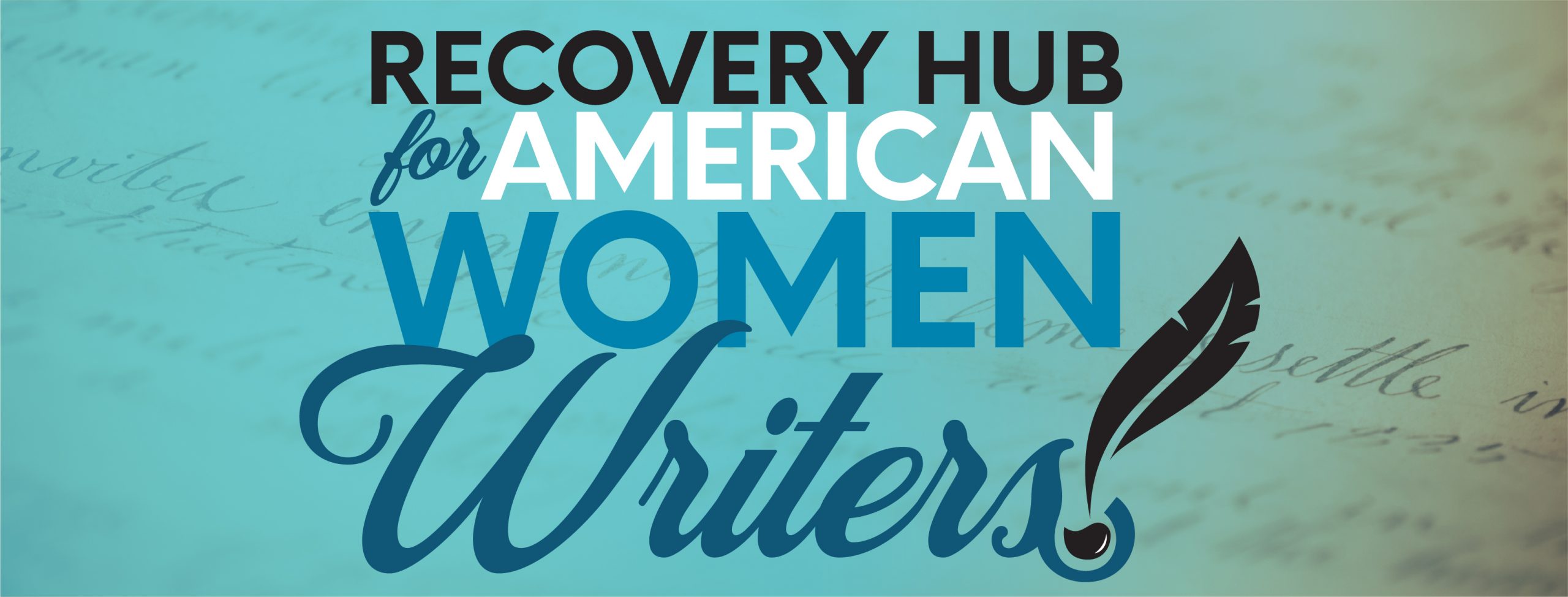Tech hours are back! As we ease into the summer, join us for a series of tech hours designed to scaffold the process of building a digital humanities project. You’re welcome to attend as many or as few as you like.
Tech hours combine a brief discussion or workshop around a topic related to digital humanities research and teaching with an extended Q&A and opportunities for attendees to share their own experiences. They’re absolutely free, and practitioners at all levels are welcome. To attend, please fill out the registration form below, and a link will be emailed to you.
Getting Started with Digital Humanities (May 28, 12:00 Central)
This session will explore some of the early steps and considerations for beginning a digital humanities project, including project planning, tool choice, and considerations of audience. We’ll also share some resources for learning new tools and methods.
Using the Recovery Hub Editorial Framework (June 18, 12:00 Central)
Did you know that the Hub has created a template for producing clean, attractive digital editions using simple tools? IN this session, we’ll walk you through the process of using the Hub’s Editorial Framework and provide some examples for how you might use it for your research or in the classroom.
Project Management for Digital Humanities Projects (July 9, 12:00 Central)
In the throes of a project, it’s easy to lose track of tasks, data, and goals. This session will provide strategies and resources for managing your digital humanities projects (whether they’re solo or collaborative).
Designing Assignments Using Digital Humanities Projects (August 6, 12:00 Central)
As we ease back into the semester, we’ll close out the tech hour series with some ideas on how to bring digital projects (your own or others’) into the classroom. Digital projects give students access to texts and scholarship, get them thinking critically about how technology mediates the humanities, and provide models for their own work. This session will talk about ways to translate those objectives into assignments and classroom activities. We’re thrilled to announce the panelists who will be joining us:
- Jean Lee Cole, Professor Emerita of Loyola University Maryland, will discuss her work spearheading the Woman’s Literary Club of Baltimore, while suggesting ways educators can use this vibrant 19th-century archive with students.
- Renata Hall, Education Consultant in Anti-Racist Teaching and Learning at the University of British Columbia-Vancouver, will talk about a body-mapping exercise she does with Black women that helps them create collaged archives that speak back to dominant narratives about their sexuality and reproductive justice;
- Marlowe Daly Galeano, Professor of English at Lewis-Clark College, will speak about a four-part editing and transcribing exercise she does using May Alcott-Nieriker’s travel essay “London Bridges.” The exercise allows students to assess how editorial choices and practices shape a text and effect canon formation.
- Sarah Walton, Assistant Professor of English and the Director of Digital Humanities at Marshall University, will talk about how diving into her university’s archives with her students helped them (and her!) realize the value in doing digital humanities work with texts from their often-marginalized Appalachian locale.
- And Meg Smith, the Recovery Hub’s own Director of Consultation, will discuss how classroom assignments using digital projects give students access to texts and scholarship, get them thinking critically about how technology mediates the humanities, and provide models for their own work.
